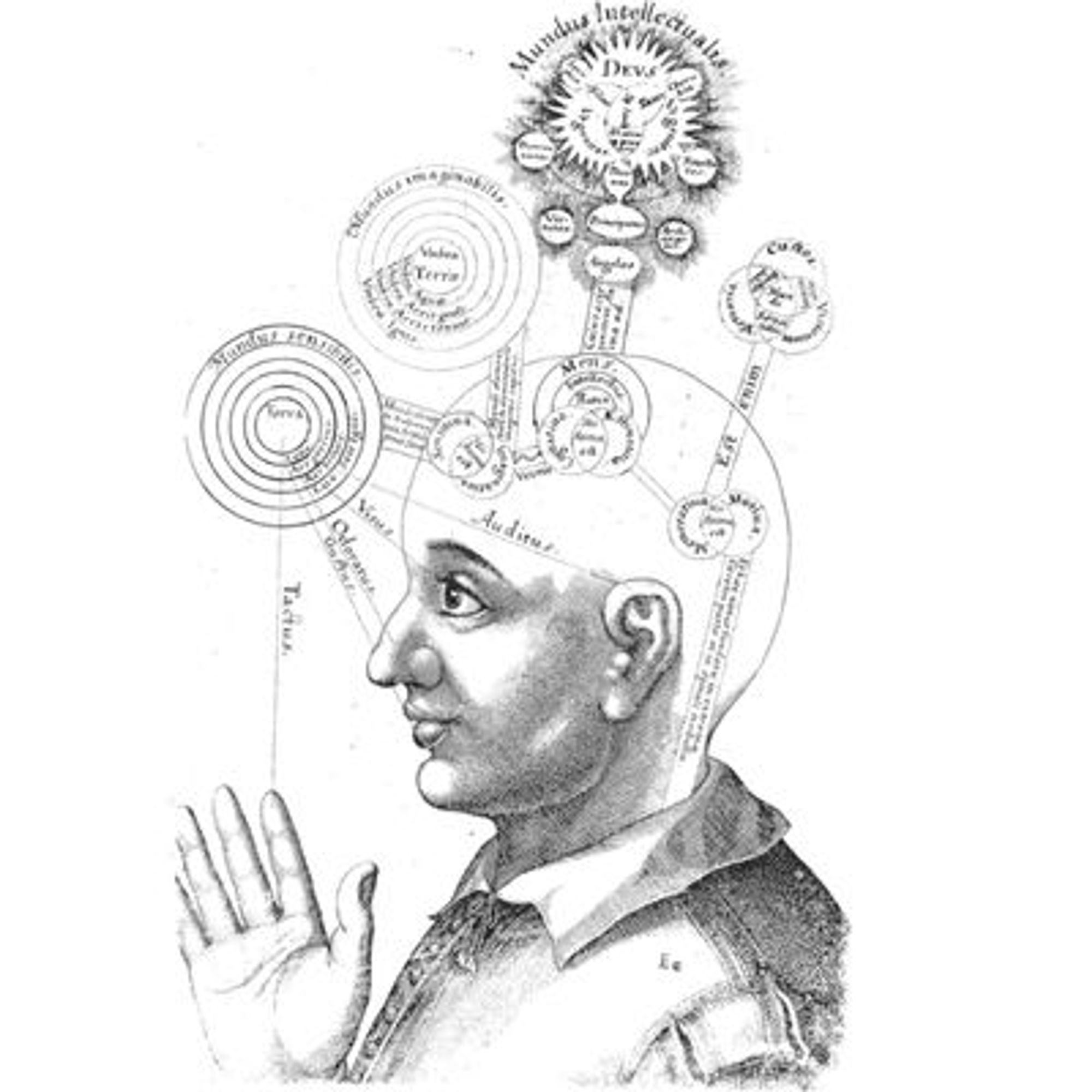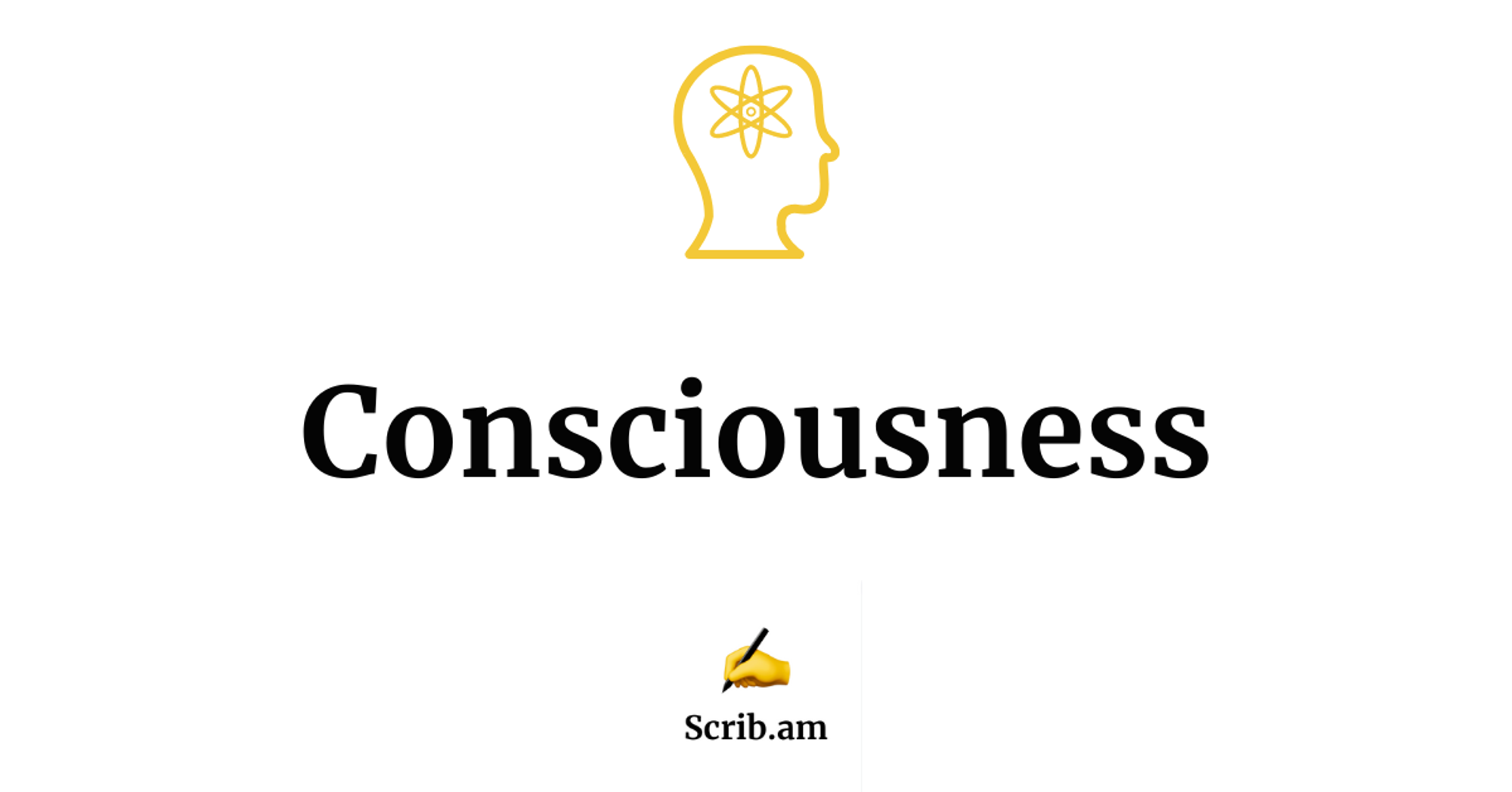The debate on consciousness is one of the core scientific and philosophical questions, like the reflections on the meaning of life or the origin of the universe.
Let’s try to define sentience, self-awareness and (human) consciousness.
Consciousness, at its simplest, is sentience or awareness of internal and external existence.

Cognition is not Consciousness
Cognition refers to
the mental action or process of acquiring knowledge and understanding through thought, experience, and the senses. It encompasses all aspects of intellectual functions and processes such as: perception, attention, thought, intelligence, the formation of knowledge, memory and working memory, judgment and evaluation, reasoning and computation, problem solving and decision making, comprehension and production of language. Imagination is also a cognitive process, it is considered as such because it involves thinking about possibilities. Cognitive processes use existing knowledge and discover new knowledge.
We have given digital cognitive abilities to computers.
They’re now able to solve complex problems, mimicking the process of the human brain.
They can even capture data through sensors, and even unveil new knowledge associations via unsupervised learning.
But computers lack sentience and self-awareness.
They’re far from being conscious.
What is sentience?
It’s widely accepted that the basic requirement for sentience is the ability to experience feelings and sensations, both positive (joy) and negative (pain).
The term was first coined in the 1630s by philosophers.
The ability to feel pain is the legal ground for animals being recognized as sentient by the EU (which isn’t the case in the US, except on a state-by-state basis, such as in Oregon).
This implies that an AI which performs computation tasks without being aware of its actions cannot be considered as sentient.
What is self-awareness?
You can have experiences (i.e. be sentient) but no understanding of what you’re experiencing.
Self-awareness is how an individual consciously knows and understands their own character, feelings, motives, and desires.
Self-awareness, subjective experience or sapience is own step above sentience in terms of cognitive abilities.
The mirror self-awareness test has been performed on a range of animals. It appears that apes, dolphins and magpies all have a sense of self-awareness.
Human consciousness, another step above self-awareness.
Animals are definitely sentient, some are sapient, modern humans go the extra mile.
Humans have meta cognitive abilities, they’re aware of their awareness (homo sapiens sapiens), which is currently the highest level in terms of cognition (we could one day push the envelope even further: be aware of someone else’s perception of self- awareness).

Without such a meta-reflection on our self-awareness, we wouldn’t have philosophy or psycho-analysis.
Our capacity for introspection is what makes us human.
How can we explain consciousness?
Intellectuals remain divided between a physicalist and dualist explanation of the phenomenon of consciousness.

Materialists / Physicalists consider that consciousness fully emerges from biological mechanisms.
Since you can’t “observe consciousness” in itself, neuroscientists attempt to correlate quantitative brain processes and qualitative experiences.
Spiritualists / Dualists believe that the universe is made up of spirit and matter, and that spirit, the fundamental and primary reality, constitutes the spark of consciousness, what religions call the soul (the divine spark in human life).
At the crossroads of physicalism and dualism, there is also a strong middle ground of matter advocates who consider that
matter can be described from two perspectives. Physical science describes matter “from the outside”, in terms of its behaviour, but matter “from the inside” is constituted of forms of consciousness.
For those scientists, consciousness would be at the core of all matter, in a very panpsychic fashion.
There would be consciousness everywhere.
Everything would be connected in a universal network expressed in matter and powered by consciousness.

